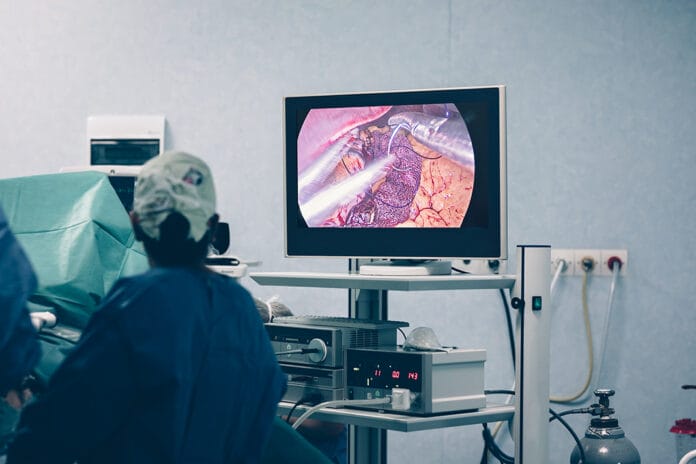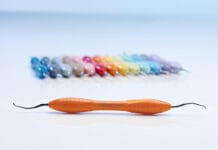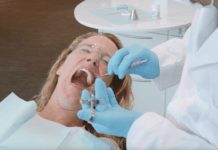Obesity-related surgeries are becoming more and more popular and widespread every year worldwide. These surgeries’ side effects and complications are usually presented to the patients repeatedly, both before and after surgery. When a patient chooses to undergo this type of surgery, their entire life must change, and it’s a life-changing and life-saving opportunity that one must be prepared for on all sides.
But, much like the United States, there is a disconnect in many countries between the medical field and the dental field. The lack of medical practitioners’ knowledge of oral health will continue to affect patient care and outcomes unless this gap is bridged. On the other hand, dental clinicians need to know a patient’s medical history and how medical procedures and systemic factors can affect their oral health.
Bariatric Surgery and Dental Erosion
Researchers in Saudi Arabia, where the quality of dental care is on par with the first world, came to the conclusion that the lack of communication between doctors and dentists is hurting our patients who have gone through bariatric surgery. Further, doctors’ lack of oral health knowledge has negative effects on patients too. Awareness and Attitude of Surgeons Regarding Dental Erosion On Patients Who Underwent Bariatric Surgery is their statement requesting communication and further care.
The researchers state, “bariatric patients have difficulty swallowing fluids due to the surgery’s stomach alterations, resulting in reduced salivary flow. Furthermore, saliva’s buffering role is harmed, increasing the likelihood of tooth decay and tooth erosion in bariatric patients.”
Bariatric Surgery and Informed Medical Advice
The dental erosion that bariatric patients may experience needs to be addressed in the bariatric surgeon’s office. Addressing this problem directly, before it occurs, has to happen in the specialist’s office, not the dental office. Unfortunately, out of all the doctors who submitted information to the researchers about the subject, only half of them know what dental erosion actually was.
Even though more than half of bariatric patients report problems related to reflux, 72% of bariatric specialists reported that they didn’t know what dental erosion even was, and 66% of bariatric specialists surveyed didn’t know that reflux could cause dental erosion. The same percentage reported not knowing anything about the loss of enamel causing hypersensitivity in teeth. Only 20% of the doctors reported that they encouraged their patients to seek dental care following the surgery.
Even after all of these disappointing percentages, over 70% of surgeons did prescribe antacids, but most didn’t follow up on the severity of that particular side effect. Many of the surgeons had a dismissive attitude about the subject and believed that sharing such knowledge was not their job. The patients are not given the full picture when discussing side effects and potential problems, and this should be seen as a huge concern for the entire medical community.
Our Dental Patients and Bariatric Surgery
We need to be aware of our patient’s medical histories because we can work with them to prevent further damage. Usually, bariatric surgery involves a multidisciplinary approach of surgeons, medical doctors, therapists, and nutritionists. However, dental professionals have been left out of the fold.
While this study concentrates mainly on the medical field and their understanding, or misunderstanding, of the negative intraoral side effects of bariatric surgery, it opens our eyes further to the necessity of working together with the medical community, instead of being out on a limb, by ourselves.
Our direct input would increase the quality of life of every bariatric patient in our care; we just have to know what’s going on with our patients medically in order to give them the best care possible.











